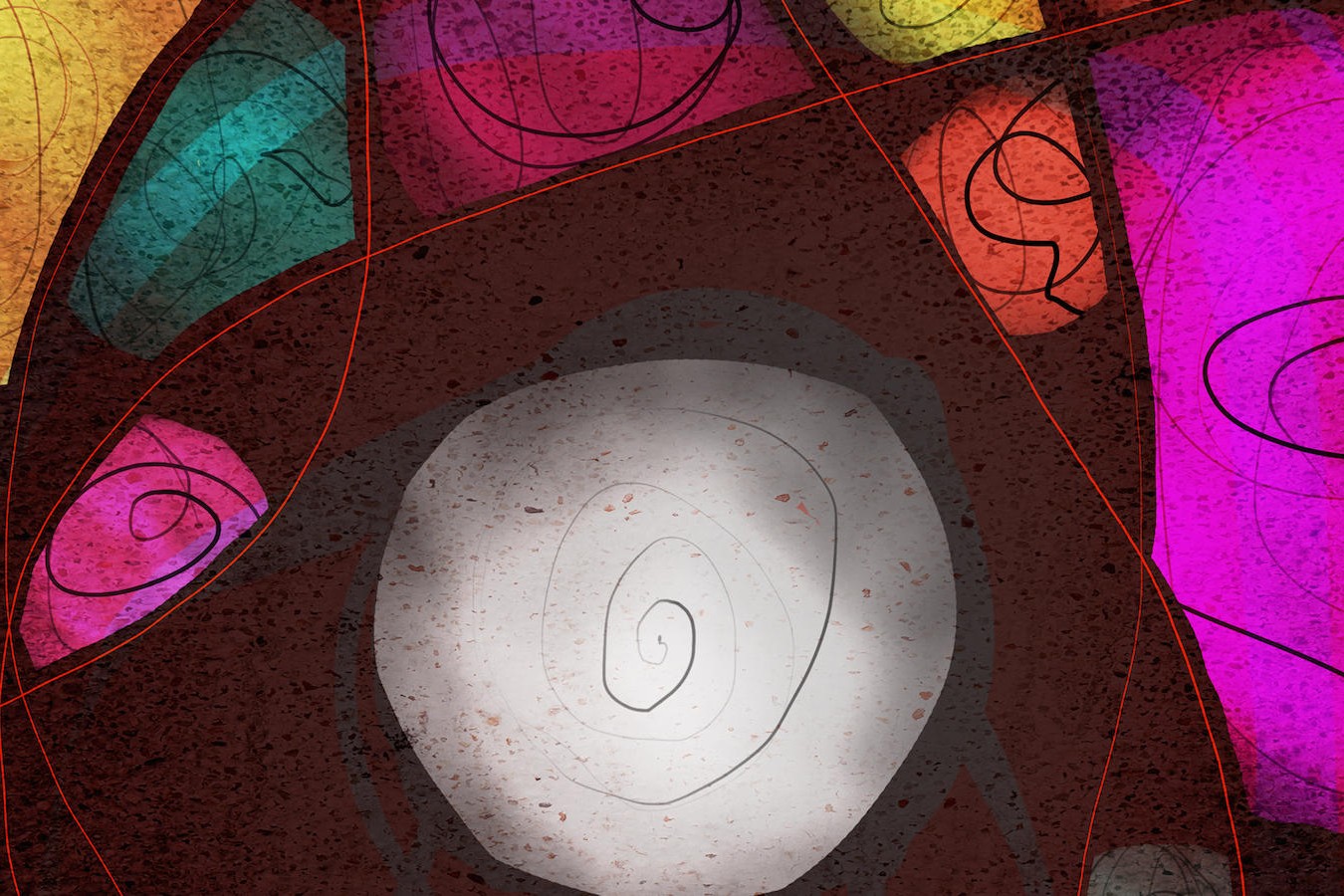What if a requirement of receiving any kind of government assistance was a complete vaccination record?
There would be issues of access, equity and coercion, but it’s actually not so far from a real California law that was vetoed in 2019. It’s also a useful thought experiment in understanding a moment in Joseph’s use of power at the time of the famine in Egypt.
In Parashat Miketz, the seven good years of Pharaoh’s dreams have passed and we are now in the seven lean years. The country is in the midst of a famine, but thanks to the foresight of Joseph’s dream, grain has been stashed away. When the people criy out for bread, they are told to go see Joseph. “Whatever he tells you, you shall do,” Pharaoh tells them. (Genesis 41:55)
As many commentators have pointed out, Pharaoh could have just told the people to ask Joseph for food. Why does he instruct them to do whatever Joseph says?

Help us keep Jewish knowledge accessible to millions of people around the world.
Your donation to My Jewish Learning fuels endless journeys of Jewish discovery. With your help, My Jewish Learning can continue to provide nonstop opportunities for learning, connection and growth.
According to the Midrash, Joseph insisted that anyone (or at least, any man) who was to receive the food Joseph had stored be circumcised. The Egyptians, naturally shocked by this, went to Pharaoh, who told them to do what Joseph said.
Why would Joseph have wanted to have the Egyptians males circumcised in order to receive food? The two seem to be entirely unrelated, exactly as unrelated as government assistance and vaccinations. Though the government does have an interest in seeing more people vaccinated, as vaccinations save lives and money, what could Joseph’s interest be in seeing Egyptian men circumcised?
The answers abound.
The Maharal of Prague suggests that perhaps the Egyptians had stored food, but because they were uncircumcised, the food was miraculously rotting. Circumcision would prevent this rot. Joseph was thus eliminating a spiritual defect in the male Egyptians, enabling them to have food to eat. The implication is that God was preventing the uncircumcised from having food, and thus prefers the circumcised.
There’s an obvious gender problem here — Jewish women are not circumcised, but God doesn’t seem to cause their food to spoil. And it’s hard to accept that God would punish people simply because they aren’t circumcised, especially when they aren’t even Jewish.
One source speculates that circumcision could reduce people’s appetites, so they’d eat less and save grain. Another rabbi postulates that wealthy people with enough food might pretend to be poor, but making a circumcision a requirement would weed out those (men) who were not truly needy. Still another set of explanations sees the circumcisions as creating an environment where in the future, Israelite men wouldn’t be embarrassed or mocked for being circumcised.
The original Midrash suggests that in the end the Egyptians said to Joseph, “You gave us life in this world and in the world to come.” This is based on the belief that those who are circumcised merit life in the world to come. The obvious and problematic exclusion of women aside, if one sincerely believes that circumcision gives a man life in the world to come, then coercing people into doing that seems justified.
This is perhaps the best parallel to our original thought experiment about vaccination, that it was about extending life.
Despite the long tradition of justifying and explaining Joseph’s demand of circumcision, Rabbi Yehudah Leib Alter of Ger — better known as the Sefat Emet, the title of his collection of writings on the Torah — rebukes Joseph for it. Perhaps responding to the fact that all these other explanations share a major disdain for the Egyptians, the Sefat Emet imagines Joseph as a holy man for whom feeding the unholy was painful. While we can all imagine a person such as this, we might be loathe to call them holy, to revere someone who recoils at feeding those less holy. The Sefat Emet describes Joseph’s behavior here as a sin, because a righteous person must tolerate all and find the appropriate remedy for each individual person.
That is to say, there’s no one-size-fits-all approach to bringing people and holiness closer to each other. And there’s no room for disgust at those not as holy as you.
And what of the larger question: Is it ethical to use coercive power to cause people to do something that in the end will be good for them?
If we view the coerced people with disdain, we should be wary of using our power over them And if we really love and care about them, then using coercive power becomes even more problematic.
Imagine the Egypt that the Israelites would have found if instead of being disdainful, paternalistic and even exploitative, Joseph had demonstrated loving generosity in the model of Abraham and Sarah, who our tradition teaches brought many under the wings of God’s presence. Now that would have been leadership.
Read this Torah portion, Genesis 37:1 – 40:23 on Sefaria
You May Also Like:
Sign up for our “Guide to Torah Study” email series and we’ll guide you through everything you need to know, from explanations of the major texts to commentaries to learning methods and more.
Subscribe to A Daily Dose of Talmud: Daf Yomi for Everyone — every day, you’ll receive an email that offers an insight from each page of the current tractate of the Talmud. Join us!
About the Author: Rabbi Noah Arnow serves Kol Rinah, a Conservative congregation in St. Louis, Missouri, and previously served Congregation Beth El in Voorhees, New Jersey.



